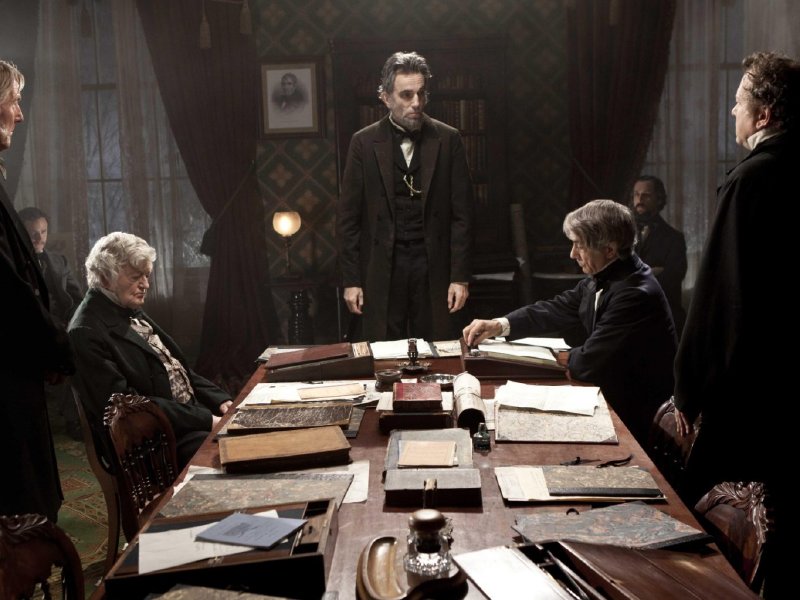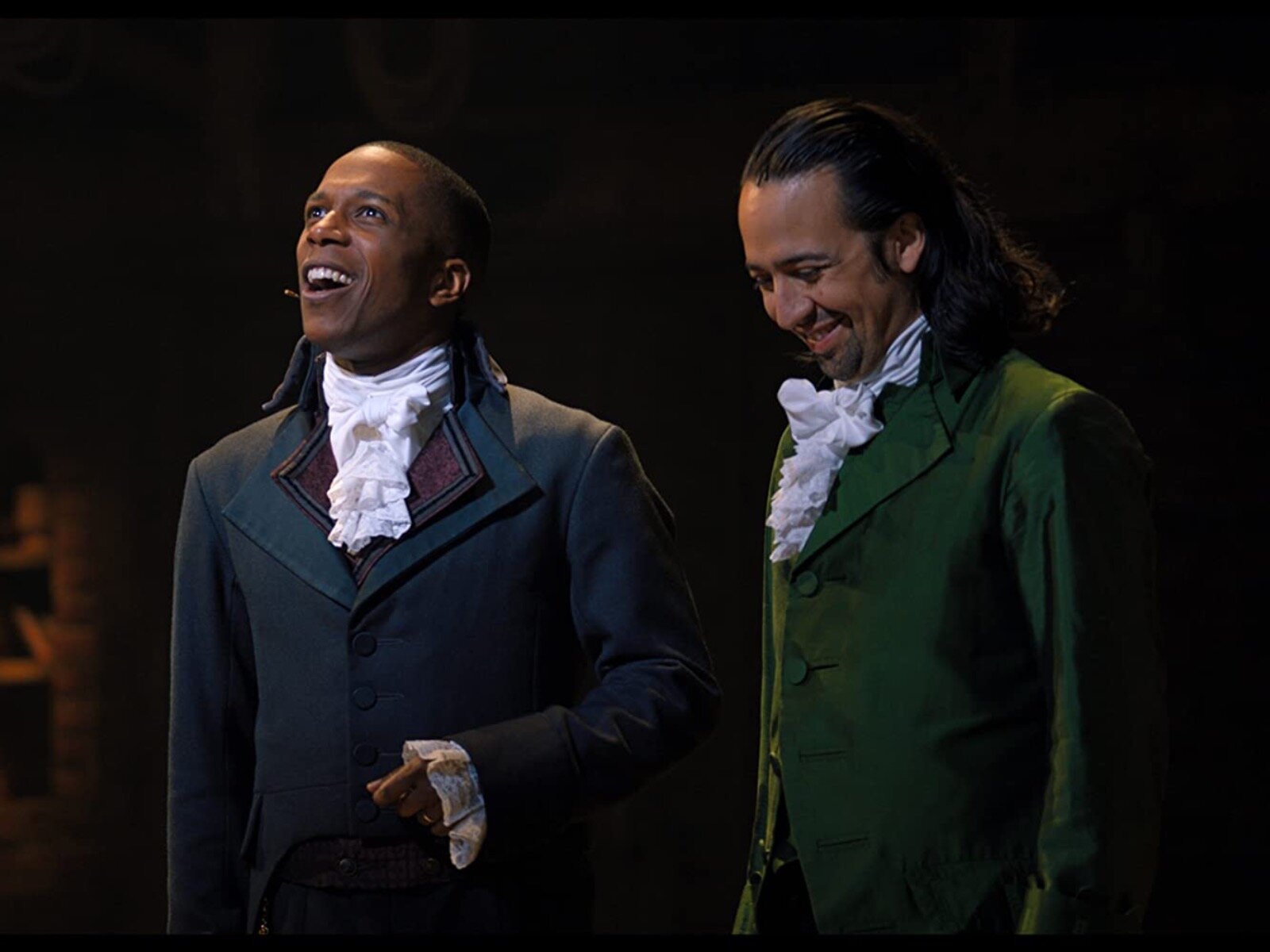Critics everywhere are falling all over themselves raving about "Lincoln," Steven Spielberg's epic narrative about America's notable president. It is, without a doubt, a very good film. Its all-encompassing excellence, however, is lost on me.
"Lincoln" doesn't go full biopic – instead, it focuses on Abraham Lincoln's most dramatic career highlights: the passing of the 13th Amendment and the end of the Civil War. This is probably its biggest asset and biggest hindrance.
On the plus side, the film takes a unique look at the inner political workings behind this monumental time in American history. On the other side of things, its presented in a strange set of four sections that unfolded almost like acts in a play: Act I, closed-door political strategizing; Act II, embroiled congressional discourse; Act III, war stuff; Act IV, "Oh, man, you guys, we need to address this assassination thing."
You'd think, since the film starts in the midst of the presidency's biggest turmoil, we wouldn't have to sit around and wait for the good stuff. But, after an inspirational introduction in a Union army camp, the audience is subjected to a lengthy bout of the historic drama's necessary evil: a bunch of old white guys talking in quiet rooms.
While it's par for the course and I usually have no problem with it, the film's introductory conversations were drier than British wit. Conducted by a room full of anonymous cabinet members, they rambled on (and often over each other) with little volume fluctuation or inflection and left the audience scrambling to figure out who was who.
After stranding viewers in scene after scene of mixed-company key and minor players, clarity finally came halfway through the film in the midst of the war proceedings, when the movie-powers-that-be opted to throw up a handful of subtitled names and ranks. This particular respite, however, only came off as an information dump that made for clumsy viewing of information that actually could have been inferred.
"Lincoln" does finally find its footing – in the midst of the political posturing and cat-fighting of Congress, of all places. Conflict over passing the amendment was just the entertaining chaos the film needed to shake itself out of its procedural pace. Flush with elaborate bickering and floor-wide arguments, the collection of representatives injected a much-needed aspect of liveliness to counteract the effects of the dimly lit, maddeningly subdued conversations which dragged down the film's beginnings.
It's in these middle sections where the film's supporting actors really find room to shine. Tommy Lee Jones is at his curmudgeonly best as Republican congressional leader and fervent abolitionist Thaddeus Stevens. Lee Pace, as the voice of the Democratic opposition Fernando Wood, is an engaging silver-tongued rival.
And the trio of James Spader, John Hawkes and Tim Blake Nelson punctuated the proceedings brilliantly on their mission to badger the Democratic Party's swing voters as Secretary of State William Seward (David Strathairn)'s enterprising shakedown artists. The torch of solid performances was later passed to Jared Harris as Lt. Gen. Ulysses S. Grant and Jackie Earle Haley as Confederate Vice President Alexander Stephens, but "Lincoln"'s strength remained firmly in Washington.
I mentioned in this week's podcast that none of the film's luster was lost on the part of the actors, and although that extends to all of them, it's Daniel Day-Lewis' remarkable turn as Lincoln that deserves the largest share of praise
I'd be surprised if he doesn't take home Best Actor come Academy Awards time for his phenomenal performance as the clever, homespun historical icon. More than uncanny, he filled out the larger-than-life figure with a mesmerizing depth of humanity and helped convey the full weight of his position as not just the leader of a divided nation, but as a devoted father and husband.
Sally Field provides her own notable interludes as the troubled but steadfast Mary Todd (her wry confrontation with Jones' Stevens is especially entertaining), but it's Day-Lewis who commands the audience's attention – and rightly so.
Like performing Shakespeare, figuring out a novel way of portraying Lincoln's end is ultimately a difficult endeavor. I don't envy Spielberg and company the task of having to do it, but I have to think there's a better way of embracing the gravity of it all without falling into the standard operating procedure.
There was some uniqueness to this version, but "Lincoln" lost so much of its momentum in its final scenes by saturating them with melodrama. If the goal throughout the film was to inject the legendary president with a very real humanity, it was undone by the ending's weak reliance on Lincoln's public persona.
Make no mistake: criticisms aside, "Lincoln" is a great – if typical – film. The performances are incredible, emotional and powerful. I only wish they were not forced to contend with some of the film's stranger choices. A few alterations could have trimmed "Lincoln" into a storied epic, but as it stands it is perfectly packaged to earn the many awards I'm sure it will garner.
Contrary to her natural state of being, Renee Lorenz is a total optimist when it comes to Milwaukee. Since beginning her career with OnMilwaukee.com, her occasional forays into the awesomeness that is the Brew City have turned into an overwhelming desire to discover anything and everything that's new, fun or just ... "different."
Expect her random musings to cover both the new and "new-to-her" aspects of Miltown goings-on, in addition to periodically straying completely off-topic, which usually manifests itself in the form of an obscure movie reference.







